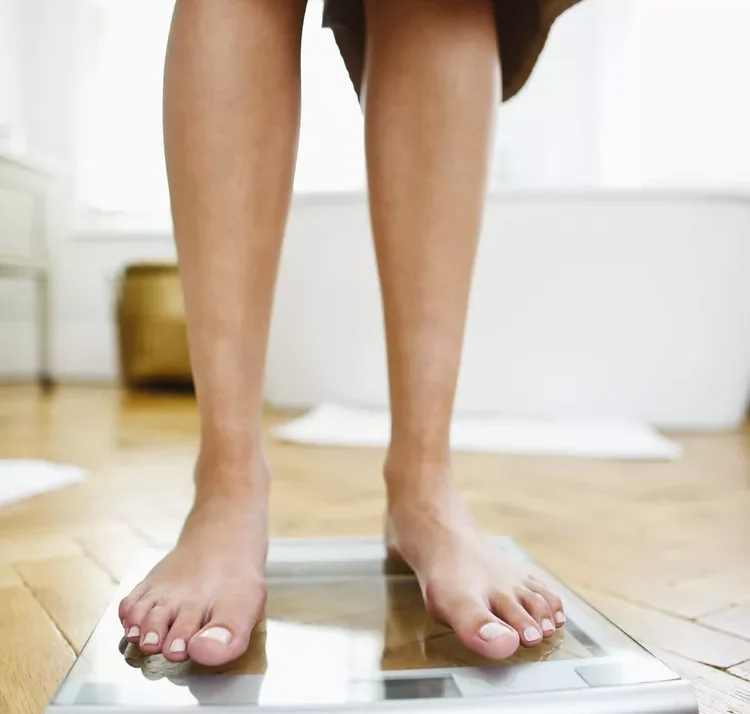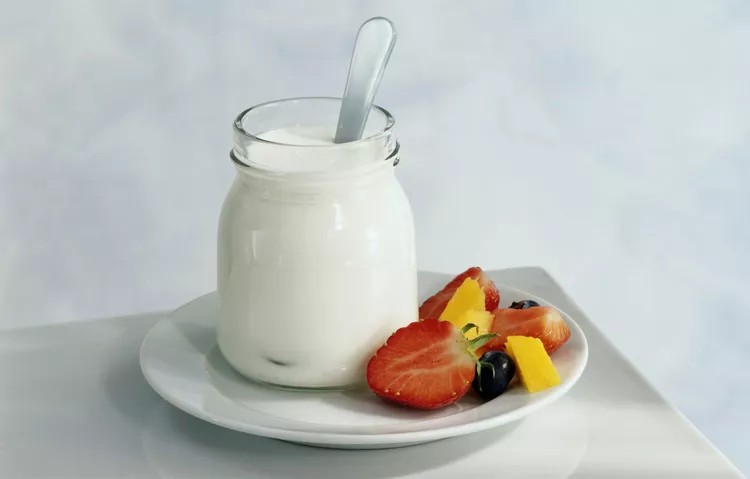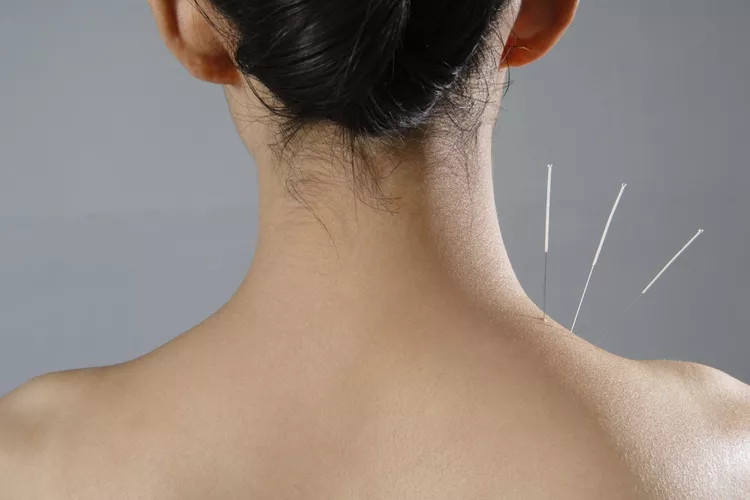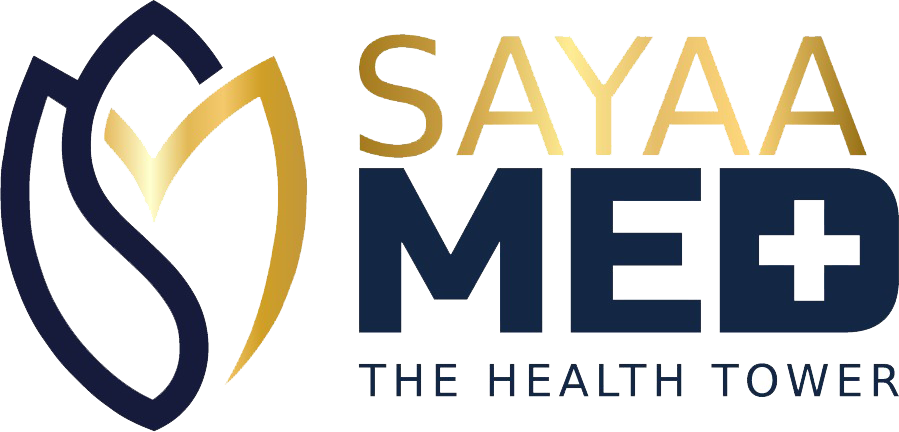Introduction
High blood pressure, also known as hypertension, affects nearly half of the American population, posing significant health risks if left unmanaged. The impact of hypertension goes beyond just numbers; it increases the risk of heart attacks, strokes, kidney diseases, and other serious health conditions. While medication may be necessary for some individuals, lifestyle changes can play a crucial role in naturally managing and lowering blood pressure for many. In this article, we will explore 20 effective and natural ways to maintain healthy blood pressure levels and improve overall cardiovascular health.
1. Maintain a Healthy Weight
Excess weight can significantly impact blood pressure, and obesity is closely linked to hypertension. Shedding even a few pounds can make a notable difference in treating high blood pressure. Focus on a balanced diet and engage in regular physical activity to achieve and maintain a healthy weight.

2. Regular Exercise
Physical activity is a potent weapon against high blood pressure. Engaging in regular exercise, such as brisk walking, running, swimming, or cycling, can help lower blood pressure and improve overall cardiovascular fitness. Aim for at least 150 minutes of moderate-intensity exercise per week, or as per your healthcare provider’s recommendations.

3. Reduce Sodium Intake
The modern diet is often high in sodium, which can lead to water retention and increased blood pressure. Cutting back on salt and sodium-rich foods can help manage blood pressure effectively. Lowering sodium intake by 10-20 percent can make a positive impact on blood pressure levels.
4. Follow the DASH Diet
The Dietary Approaches to Stop Hypertension (DASH) diet is specifically designed to lower blood pressure. It emphasizes fruits, vegetables, whole grains, lean proteins, and low-fat dairy products. The DASH diet is rich in potassium, calcium, and magnesium, which are essential minerals for maintaining healthy blood pressure.

5. Probiotics for Gut Health
Emerging research suggests that probiotics, the beneficial bacteria found in yogurt and other fermented foods, may help reduce blood pressure. These probiotics have been associated with improved gut health, which in turn may positively influence blood pressure regulation.
6. Limit Restaurant Meals
Restaurants often use excess salt in their dishes for flavor enhancement. To better control your sodium intake, consider preparing more meals at home. This way, you can use less salt and choose healthier ingredients.
7. Monitor Blood Pressure at Home
Regular monitoring of blood pressure at home can help identify trends and alert you to any changes. Self-monitoring empowers individuals to take an active role in their health and make necessary lifestyle adjustments.
8. Quit Smoking
Smoking raises blood pressure temporarily and can hinder efforts to lower it. Kicking the habit not only improves heart health but also positively impacts overall well-being.

9. Cut Back on Calorie Intake
Excessive calorie intake can lead to weight gain and high blood pressure. Reducing overall food intake, especially highly processed and calorie-dense foods, can help control salt consumption and contribute to weight management.

10. Stress Reduction
Chronic stress can elevate blood pressure. Practicing relaxation techniques like yoga, meditation, deep breathing exercises, or spending time in nature can be beneficial for stress management and overall heart health.
11. Combine Aerobic and Strength Training
Aerobic exercise, such as running, swimming, or cycling, helps lower blood pressure. Additionally, incorporating strength training exercises can further improve heart health by strengthening the cardiovascular system.
12. Limit Alcohol Consumption
Moderate alcohol intake may have beneficial effects on heart health, but excessive drinking can raise blood pressure and pose other health risks. For those who consume alcohol, moderation is key.
13. Moderate Coffee Consumption
Moderate coffee intake has not been shown to significantly impact blood pressure levels in most individuals. However, excessive caffeine consumption should be avoided as it may cause temporary spikes in blood pressure.

14. Spend Time Outdoors
Sun exposure can increase vitamin D levels, potentially aiding in blood pressure regulation. Additionally, spending time in nature and engaging in outdoor activities can help reduce stress and promote overall well-being.
15. Get Sufficient Sleep
Lack of sleep can contribute to high blood pressure and negatively impact overall health. Prioritize restful sleep by maintaining a consistent sleep schedule and creating a relaxing bedtime routine.
16. Consider Acupuncture
Acupuncture is an ancient Chinese practice that may help reduce blood pressure. While scientific evidence is still emerging, some studies suggest that acupuncture may have a positive impact on blood pressure regulation.

17. Volunteer and Give Back
Engaging in acts of kindness, volunteering, or helping others can lower stress levels and boost happiness, which may have long-term effects on blood pressure and overall cardiovascular health.
18. Take Short Naps
A short afternoon nap can help reduce stress and promote relaxation, which may contribute to lower systolic blood pressure in some individuals.
19. Address Other Health Issues
Consult a healthcare professional to address and manage underlying medical conditions that may contribute to high blood pressure. Undertaking appropriate treatments and medication adjustments can significantly impact blood pressure levels.
20. Seek Support
Maintaining a healthy lifestyle can be more enjoyable and sustainable with the support of friends and family. Inform loved ones about your health goals, and encourage them to join you in adopting heart-healthy habits.
Conclusion
High blood pressure is a common and serious health concern, but adopting natural and healthy lifestyle changes can make a significant difference in managing and lowering blood pressure. Regular exercise, a balanced diet, stress reduction, and adequate sleep are essential components of a heart-healthy lifestyle. Always consult with a healthcare professional to tailor a plan that best suits

